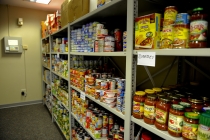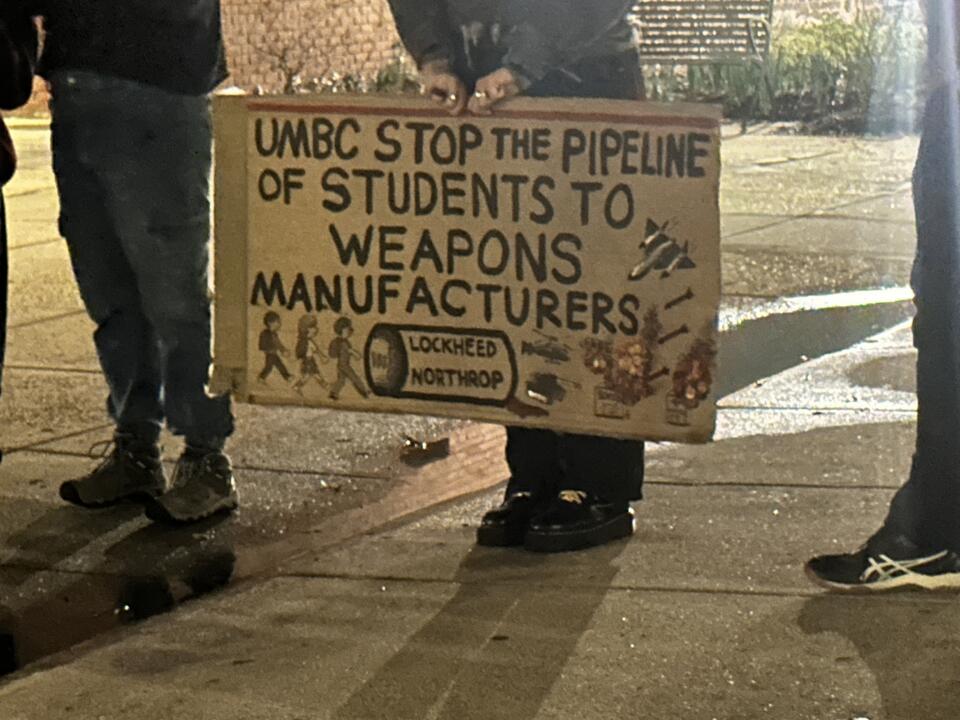UMBC has recently launched Retriever Essentials, a partnership-based project aimed at combating food security in the university community. The program will allow students in need to have access to “healthy foods and other essential supplies” at zero cost.
According to its website, the project was initially conceptualized in the summer of 2016 by Dr. Nancy Young, Vice President of Student Affairs, as well as a graduate student, a counselor and a campus minister, all who “had concerns that there are UMBC students struggling with food insecurity.”
The group started to provide “free bags of non-perishable groceries to self-identified students through the counseling center.” As time passed, other students and staff members joined the group, and it eventually developed into a formal partnership between faculty, staff and students.
The Retriever Essentials website also provides a list of statistics that support their concern for food security. Notably, in a survey of nearly 4,000 college students by the College and University Food Bank Alliance, 48 percent of respondents reported food insecurity, with 22 percent reporting very low levels of food insecurity. Among first-generation college students, 56 percent indicated food insecurity.
Retriever Essentials has currently set up three ways for students in need to access food.
First, there are a number of food zones available in different locations on campus, located in areas including the Counseling Center, the Honors College, the Residential Life office and various areas in the Commons. Students can drop by, fill out an anonymous form, and pick up items they need, including groceries or toiletries.
Another initiative being piloted is the ability to “save a swipe” on UMBC’s red ID card. Students who have a meal plan can donate up to one meal swipe per week, or up to 16 meals per semester, which go into a shared pool of meals. The meals can then be claimed by other students at the dining hall.
Additionally, there are several donation stations, including the Administration Building, the AOK Library, the Commons front desk and the RAC, where materials such as non-perishable food items and toiletries can be donated for later use in the food zones.
Partnerships are also being made with local organizations to “help students address holistic supports off-campus and to meet their longer term needs.”
“The only way we can effectively end food hunger on campus is through spreading awareness. We have an obligation to ensure that every student receives the food they deserve in order to enhance their chances of life and academic success” says Deveraux Smith, a master’s student in applied sociology who has been chairing the Retriever Essentials’ effort. He adds, “As a UMBC community, we have to embrace our unity and look at our fellow neighbor and say, ‘I am you and you are me; and together we can eliminate food insecurity.'”
More information about the project, including a list of items that can be donated, can be found on the Retriever Essentials’ website at http://retrieveressentials.umbc.edu/. There is also a MyUMBC group that students can join for further updates.


